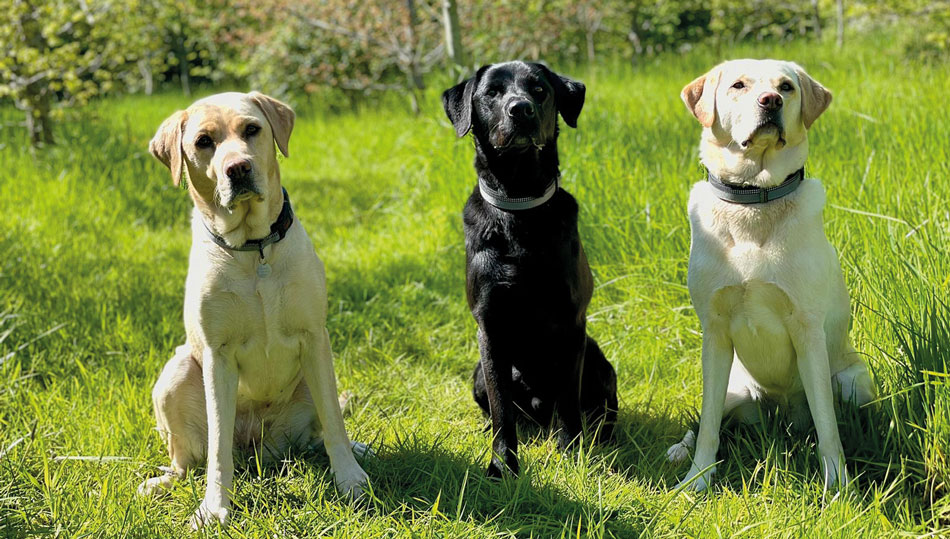But some can be fatal and existing tests to confirm their presence in our body take several days, resulting in both a deterioration in health and an overuse of antibiotics.
Pseudomonas (Pa) infections are lung diseases caused by bacteria found widely in the environment, such as in soil, water and plants. These infections can be mild but if they occur in people with an existing illness or condition, they can be fatal.


- Pa versus other bacteria familiar to the dogs, producing a mean sensitivity (correct signalling at a Pa sample) of 94.2% with a specificity of 98.5%;
- Pa versus previously unencountered bacteria, with two of the three dogs maintaining sensitivity at above 90%;
- Dilution testing; at dilutions of 1:1,000, sensitivity (93.8%) and specificity (94.9%) were consistently maintained;
- Mixed, multi-organism cultures, still correctly identifying Pa with a sensitivity of 86.5% and a specificity of 84.1%.
The next stage is to identify a reliable way of collecting samples from individuals that can be tested by dogs. Advanced technology to detect infections, for example in breath, has proved difficult so far. As the project progresses, people with CF could ultimately monitor their lung infections from home by sending in samples for the dogs to check leading to fast, accurate and non-invasive diagnosis and treatment.
